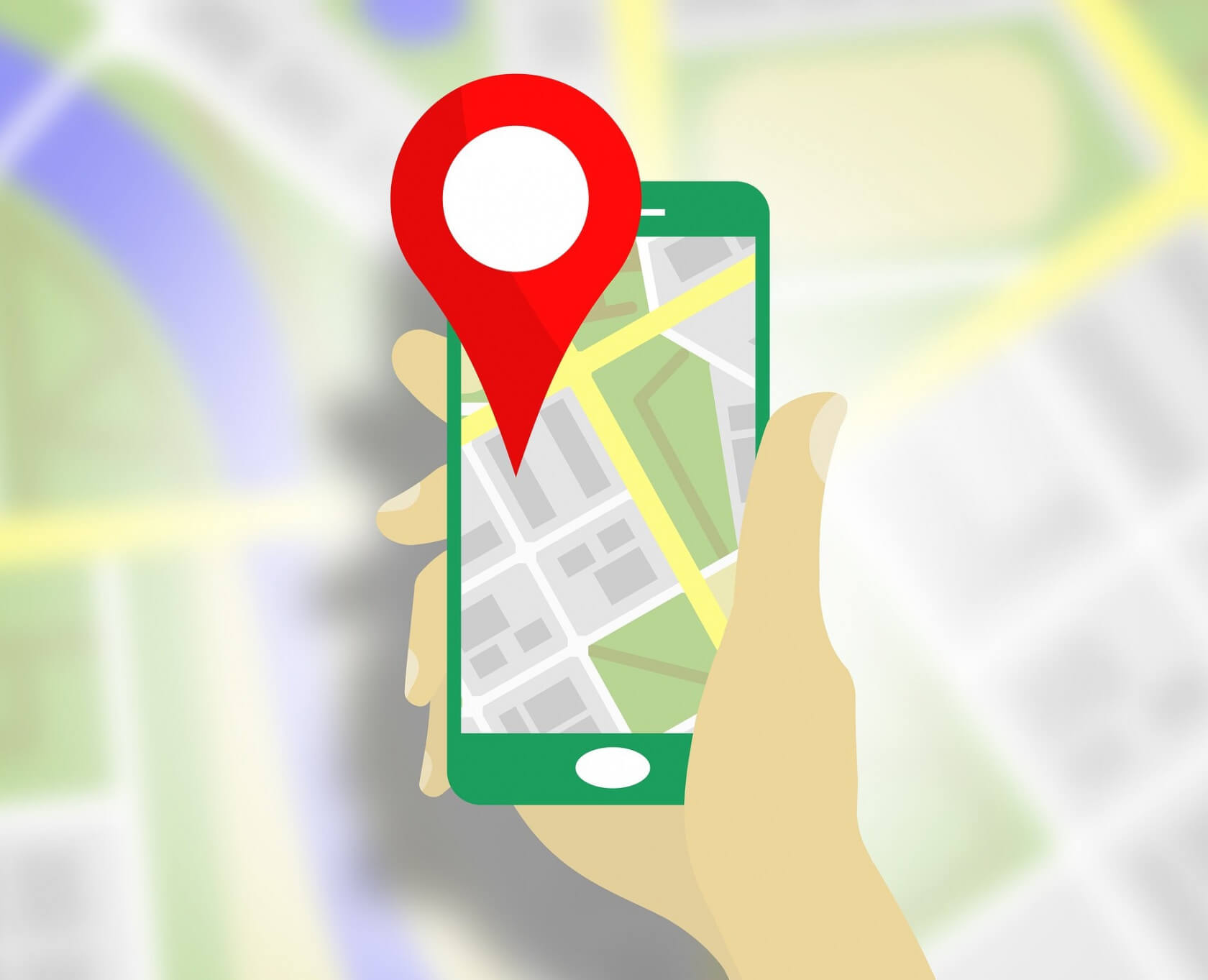Google is typically very transparent regarding what information it may give to law enforcement officers and in what circumstances but details are emerging about a new practice that many in the privacy community are finding troubling. On multiple occasions, Google has been presented with legal requests for information on all mobile users within a certain distance to a crime, not just an individual.
When a law enforcement agency presents Google with a warrant or subpoena for information to help them solve a crime, they are typically only looking for information on a single suspect. In order to get this warrant, the police officers must convince a judge they have probable cause and that Google is likely to have the information they are looking for.
What police in Raleigh, North Carolina, have started doing in certain circumstances is analyzing surveillance footage of a crime scene to create a perimeter and area of interest. They then present Google with a request for data from anyone within this area. Although they are only looking for anonymized account data for anyone using a Google app with location services, it's not clear if Google has complied to further requests for more information.
Mobile phones use a combination of GPS, Wi-Fi, and cellular networks to pinpoint a user's location. While it is possible to turn off GPS tracking, devices will almost always still transmit data to third parties using those other channels. This means that anyone who unknowingly wandered too close to a crime scene will be treated under the same suspicion as the actual criminal. Back in 2014, a woman was sentenced to prison for a crime she didn't commit after location records appeared to have put her at the scene of the crime.
Google has declined to comment in detail on the issue, only reiterating its standard policies for complying with law enforcement requests. It's not clear how effective this tactic is, either, since a criminal could simply turn off their phone or leave it at home.
